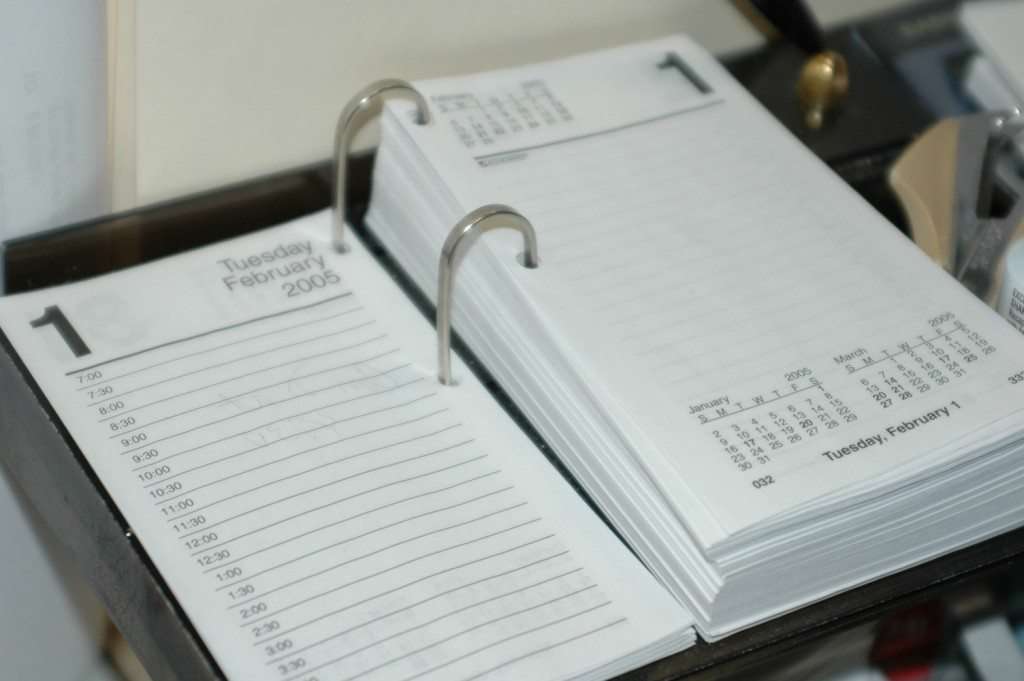Putting things off for no reason is a habit that not only harms our productivity but also our happiness. When we put off a task over and over again, we should ask ourselves why we’re doing it: Do we lack abilities we thought we had? Could it be that we don’t want (or don’t know how) to accomplish this task and that’s why we keep putting it off?
How to avoid procrastinating?
Have a positive attitude
Banish the excuses running through your head like “I’m not in the mood”, “I don’t have time”; “I can’t do this.” Replace expressions like “I should” and “I have to” with active voices like “I’m going to”… These positive attitudes will help you get into action.
Find out what makes you put things off
Ask yourself how you use your time when you put off an important task. Surfing the Internet, spending a long time answering e-mails instead of writing the report or working on your project? Once you’ve detected these behaviors, you’ll be able to take the necessary measures to change how you act. Write down what you have to get done and set aside time in your schedule to do it.
Focus on the most important thing
Saying yes to everything is another way of procrastinating, because you’ll never be able to do everything you commit to and you’ll just end up with no energy to focus on what’s really important to you. Over time, this will encourage projects and tasks to drag on. Identify what’s important and focus on that; you’ll see how your focus and motivation improve.
Set personal and professional objectives
It’s hard to get motivated if we have no idea of what we want to achieve. Set goals that help you think in the long and short term, specific, measurable and realistic objectives with defined deadlines. The formula for productivity is in knowing what to do. Review your objectives regularly and modify them if you need to.
Talk about your projects
Comment on your projects to colleagues, friends and family members. Sharing your professional plans will help you to visualize the objective and to roll up your sleeves and get to work. Get in touch with someone who has achieved something similar and can lend you a hand or give you advice.
Divide
Once you’ve defined and prioritized your objectives, divide them into smaller actions. Sometimes we procrastinate because a project seems enormous and overwhelming. Don’t let a feeling of being overburdened paralyze you: define small, specific actions so you know where to begin and then start by taking the first step.
Avoid multitasking
Doing several things at the same time not only harms your productivity but the false belief that we can do several things simultaneously also undermines the results of your work. In reality, what we are doing is skipping from one activity to another, which causes fatigue and mental blocks. Stop wasting time trying to multitask.
Enjoy the payoff
As you complete the small goals you’ve set for yourself, find a way of rewarding yourself to keep yourself motivated. For example, if you want to see a movie, do it after completing a pending task: the act of watching the movie will turn into a reward and give you an immediate sense of accomplishment.
Write down what you’ve achieved
At the end of the day, write down on a piece of paper everything you’ve achieved. This will serve you as a reward and a source of motivation to continue completing your tasks.
Take a time-management course
If, despite these tips, you think that you’re destined to procrastinate, sign up for a time-management course. Everyone uses a system to organize themselves, you should too. Developing skills, especially time management, will help you grow personally and professionally. Plus, if you use serious games, learning can be easy and fun. The Time Management course Triskelion is an example of this philosophy that’s within everybody’s reach.
What ideas do you have for avoiding procrastination?





